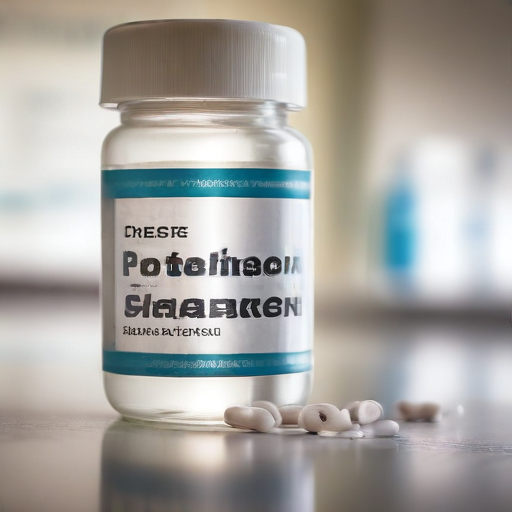A recent report from the House Committee on Oversight and Accountability reveals that pharmacy-benefit managers (PBMs) are directing patients towards more expensive medications while restricting their pharmacy options. This investigation, which lasted 32 months, comes as PBM executives prepare for an upcoming hearing.
PBMs act as intermediaries for health insurers, negotiating drug prices with pharmaceutical companies and determining patient out-of-pocket expenses. Notably, the three largest PBMs in the United States—Express Scripts, OptumRx from UnitedHealth Group, and Caremark from CVS Health—manage around 80% of prescriptions nationwide.
The report indicates that these PBMs are prioritizing higher-priced brand medications over more affordable alternatives. For instance, Cigna employees were found to have discouraged the use of lower-cost options for Humira, a treatment for autoimmune conditions priced at approximately $90,000 annually, despite the availability of a biosimilar costing half that amount.
Additionally, the committee noted that Express Scripts informed patients they would incur higher costs by filling traditional prescriptions at local pharmacies compared to opt for a three-month supply from its own mail-order pharmacy, thereby limiting patient choice.
A related report from the U.S. Federal Trade Commission (FTC) aligns with these findings, suggesting that the six largest PBMs now control nearly 95% of all U.S. prescription claims. The FTC expressed concern over the disproportionate power these PBMs wield over Americans’ access to affordable medications, highlighting possible conflicts of interest that could disadvantage non-affiliated pharmacies while driving up drug costs.
FTC Chair Lina M. Khan criticized the situation, noting that these intermediaries are effectively overcharging patients for cancer treatments, generating more than $1 billion in additional revenue.
This report sheds light on significant issues within the pharmaceutical industry and the role of PBMs. As these investigations progress, there is hope that increased transparency and accountability may lead to reforms aimed at making prescription drugs more affordable and accessible to patients. Ultimately, this challenge could catalyze positive change for consumers, encouraging a marketplace more focused on patient needs rather than profits.
